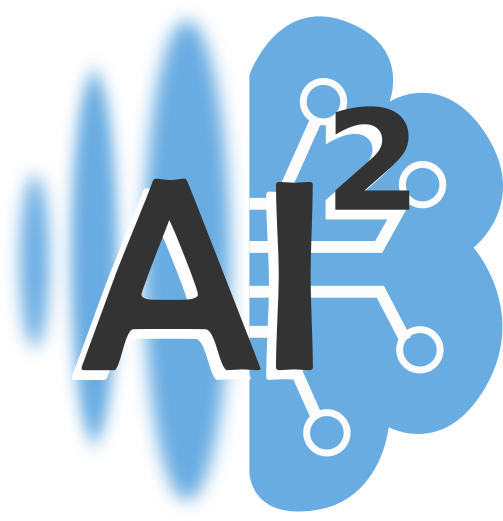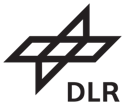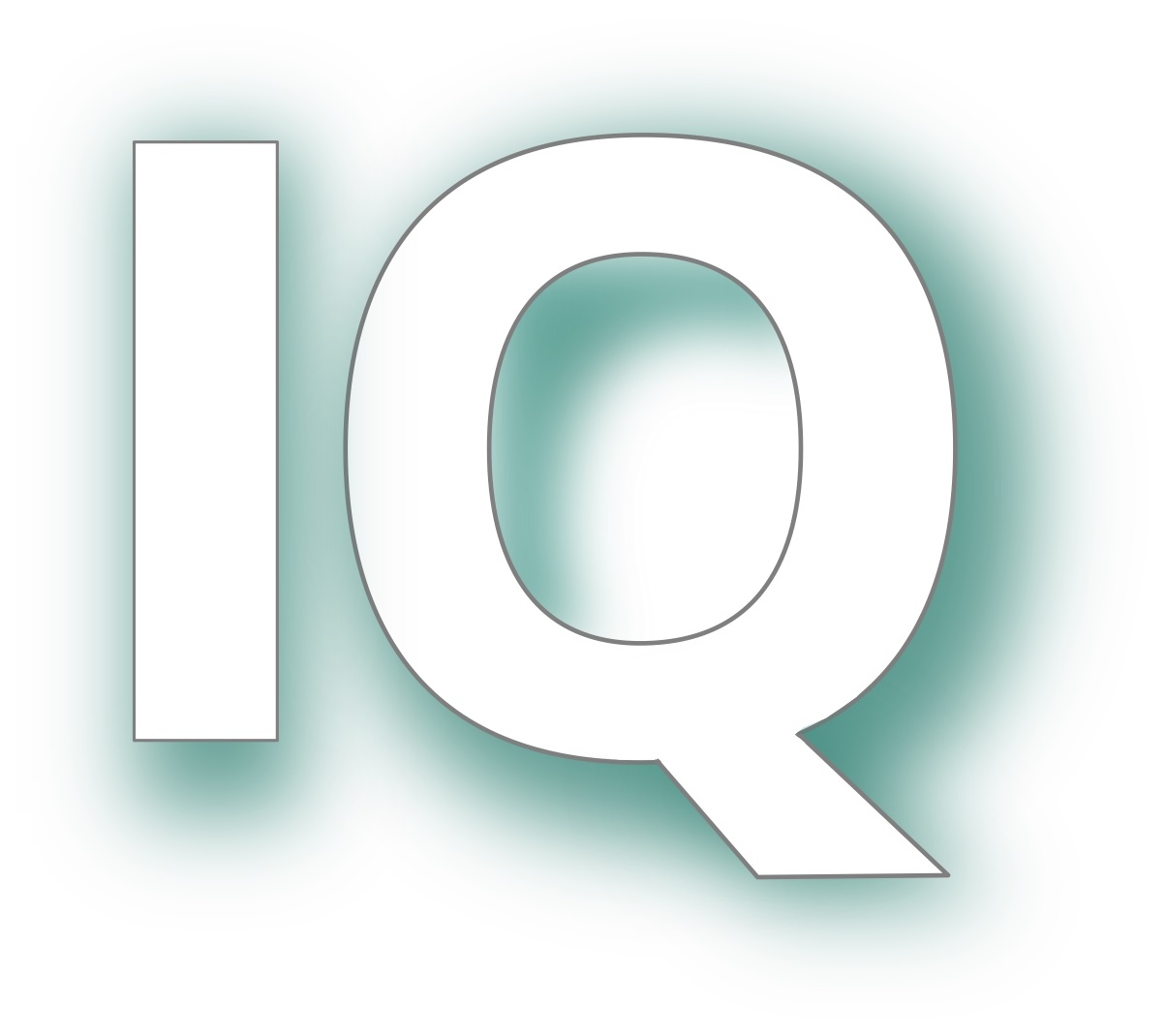


Artificial Intelligence for Atom Interferometers
The integration of artificial intelligence (AI) in quantum optics, specifically atom interferometry, offers a promising opportunity for scientific advancement. AI is expected to play a multifaceted role in enhancing precision, optimizing atom wave pulse characteristics and mitigating noise sources, leading to unprecedented accuracy in measurements.
AI's adaptive capabilities enable adaption to dynamic experimental environments. It efficiently addresses complexities like fluctuating cloud density. AI's proficiency in numerical optimization techniques allows it to optimize Bragg pulses for maximum efficiency, improving the atom interferometer performance and minimizing spontaneous emission losses[1].
Within our group, AI influences various research areas, including:
- Image Analysis via Principal Component Analysis (PCA): We use PCA for image analysis to better understand complex patterns and structures in atom interferometry experiments.
- Optimization of Atom Interferometry: Our quest for optimization of atom interferometry concerns commonly-used techniques such as Bragg and Raman schemes. This optimization drive extends to the exploration of Gaussian pulses and generalized pulse strategies, or towards the precise transport of quantum states.
- Atom Transport within Microchip Environments: The complexities of atom transport within microchip configurations constitute yet another focal point. We are actively engaged in the fine-tuning of magnetic field ramps deployed for atom transport, an endeavor poised to elevate precision and control within this domain.
References
[1] J.C. Saywell et. all. “Enhancing the sensitivity of atom-interferometric inertial sensors in dynamic environments using robust control”, arXiv:2303.03683
Funding



This project is funded by the German Space Agency (DLR) with funds provided by the German Federal Ministry of Economic Affairs and Energy (German Federal Ministry of Education and Research (BMBF)) due to an enactment of the German Bundestag under Grant No. DLR 50WM2253A.


